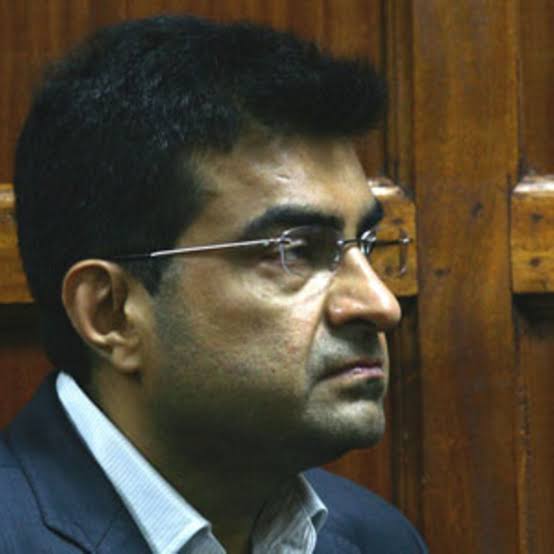In a dramatic ruling that could ripple through Kenya’s murky real estate sector, the High Court has ordered Marriot Africa International Limited, a company linked to controversial businessman Kamlesh Pattni, to vacate a prime parcel of land in Kiambu within 120 days.
The land, which the court declared rightfully belongs to the estate of the late spy chief James Kanyotu, has been at the center of a heated legal dispute marked by claims of forgery, trespass, and unlawful transfers.
The verdict, delivered by Justice Oguttu Mboya in Nairobi’s Environment and Land Court, brought to a close the long-running case pitting Marriot Africa against the family of the former intelligence boss, whose wealth and legacy have long been wrapped in secrecy. At stake was land parcel L.R No. 11261/76, part of the larger Kangaita Coffee Estate in Kiambu, a property whose title had become the subject of multiple overlapping claims.
In court, the late Kanyotu’s estate, represented by Margaret Nyakinyua Murigu and her children, argued that Marriot Africa’s occupation was not only unlawful but orchestrated through a web of fraudulent transactions during a vulnerable period of succession.
“We have waited years for this day,” said Kanyotu’s son Willy Kihara shortly after the ruling. “What was taken in the shadows has now been returned in the light.”
Justice Mboya agreed with the family, ruling that Marriot Africa had failed to prove lawful acquisition of the land. The court found that the process through which the company obtained title was riddled with irregularities, including questionable consents, forged documents, and violations of basic land transfer protocols.
“This court finds no evidence that the plaintiff acquired a good title. Possession must revert to the estate of the late James Kanyotu,” declared Justice Mboya. “No amount of investment or good faith can sanitize a title that is born of fraud.”
Marriot Africa had argued that it was an innocent purchaser and had obtained the land after following all legal procedures, including consent from the Lands Control Board and registration at the Lands Office. The company warned the court that evicting them would result in massive financial losses and set a dangerous precedent for investors.
But the court was unpersuaded. “This court cannot condone a situation where individuals cloak themselves in paperwork that is tainted by fraud and expect to be shielded by the law,” the judge said. “Equity cannot protect unlawful gains.”
The ruling not only dismissed Marriot’s claim but also issued a permanent injunction preventing the company from interfering with the land. The judge gave the firm 120 days to vacate the property and remove any structures or installations they may have placed on the land.
“If the plaintiff fails to comply,” the judgment stated, “eviction shall be undertaken under the supervision of the Officer Commanding Police Division and the County Land Registrar.”
Outside court, members of the Kanyotu family expressed relief. “We have suffered quietly for years. Today, justice has spoken,” said Willy Kihara. “This land is more than soil and title deeds. It is our history, our legacy, our right.”
Observers say the judgment carries broader implications, particularly in curbing fraudulent land dealings that have plagued Kenya for decades. In an unexpected move, the court directed the Chief Land Registrar and the Director of Surveys to audit the entire history of the disputed parcel and submit a report within 60 days. The judge warned that officers involved in issuing irregular titles could face criminal proceedings.
“This is not just about one family’s land,” said a legal analyst following the case. “It’s about restoring integrity in the land registration process and holding people accountable, no matter how powerful.”
Marriot Africa, widely believed to be a proxy for business interests connected to Kamlesh Pattni, did not issue a public statement after the ruling. Their legal team left the courtroom in silence, declining to speak to reporters. It remains unclear whether the company will appeal the decision, though legal experts suggest the ruling’s clarity makes an appeal unlikely to succeed.
The late James Kanyotu, who headed Kenya’s Directorate of Security Intelligence for decades until his retirement in the 1990s, died in 2008, leaving behind a vast estate reportedly worth billions. Since then, his children and widow have fought off various entities they claim have tried to take advantage of the slow-moving succession process.
For many, the ruling offers not just closure but also a warning to rogue developers and unscrupulous land dealers.
“Land doesn’t just disappear,” a senior family member told reporters. “People take it. And when they do, we must fight for it. In court. In public. And, if necessary, for generations.”
As the gavel fell and court adjourned, the message was clear: even in a country where land disputes often defy resolution, justice, however delayed, can still find its voice.



